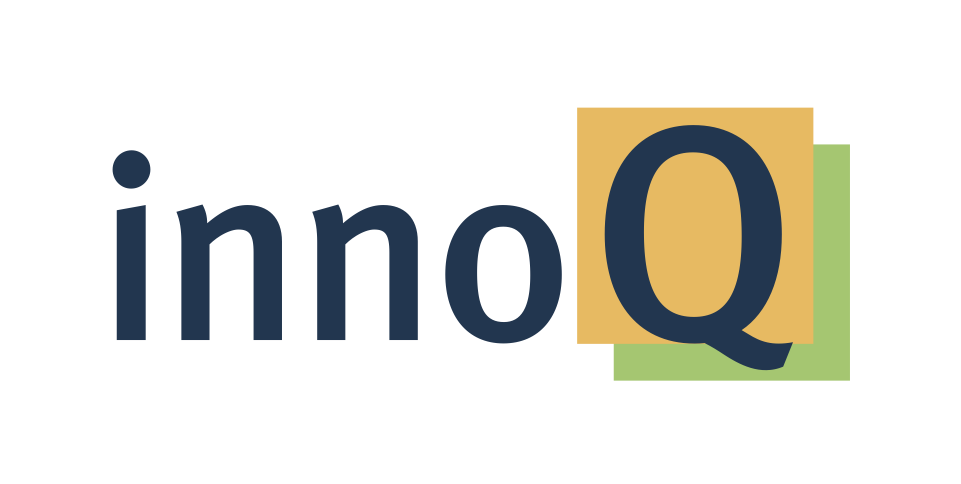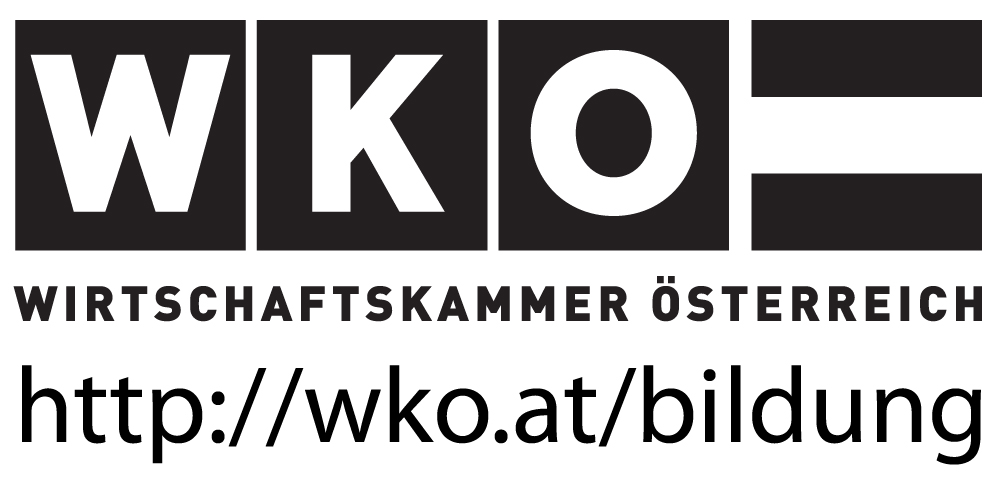- 2nd International Workshop on Software Engineering for Systems-of-Systems
- 2nd International Workshop on Measurability of Security in Software Architectures
- 6th Workshop on Software Ecosystems
- 2nd International Workshop on Ecosystem Architectures
- International Workshop on DSL Architecting & DSL-based Architectures
2nd International Workshop on Software Engineering for Systems-of-Systems
SESoS 2014 – Tuesday, August 26, 2014
Organizers & Contact
- Elisa Yumi Nakagawa (Coordinator), elisa(at)icmc(dot)usp(dot)br
- Flavio Oquendo
- Paris Avgeriou
- Carlos E. Cuesta
- Khalil Drira
- José Carlos Maldonado
- Andrea Zisman
SUBMISSION DEADLINE: June 11, 2014
Systems-of-Systems (SoS) have become increasingly complex and are frequently used in highly distributed, dynamic, and open environments. SoS have emerged as a new class of evolving software systems, where constituents work cooperatively in order to fulfill specific missions. SoS are characterized by managerial independence, geographic distribution, evolutionary development, and creation of emergent behavior, rising substantial challenges to software engineering researchers and practitioners.
SoS is becoming a hotspot, in particular, related to crucial classes of applications such as safety-critical or mission-critical SoS, also addressing societal needs such as environmental monitoring, distributed energy, and smart cities. In this context, the research topic of software architecture for SoS needs to receive more attention and research efforts, considering that software architecture is also the fundamental element to adequately design, implement, operate, and even evolve such systems. However, there is a lack of forums that discuss SoS from the Software Engineering perspective, including Software Architecture. Indeed, this workshop series is the first that addresses specifically this new perspective.
The main goal of SESoS is to provide a forum for software architecture researchers and practitioners to exchange ideas and experiences, analyze research and development issues, discuss promising solutions, and propose inspiring visions for the future.
2nd International Workshop on Measurability of Security in Software Architectures
MeSSa 2014 – Monday, August 25, 2014
http://www.vtt.fi/sites/messa2014/
Organizers & Contact
- Reijo Savola, VTT Technical Research Centre of Finland
- Habtamu Abie, Norwegian Computing Centre
- Antti Evesti, VTT Technical Research Centre of Finland, antti.evesti@vtt.fi
SUBMISSION DEADLINE: June 8, 2014
Concerns about security have got a lot of new attention, both in a research field and public debate, after the 1st MeSSa workshop. Systematic approaches to measure security are needed in order to build secure software systems and to offer security evidence for users. On one hand, security measuring from software architectures is needed to produce sufficient evidence of security level as early as a software design phase. Consequently, design-time security measuring supports security-by-design approach. On the other hand, software architectures have to support runtime security measuring to obtain up-to-date security information from an online software system or service. Security measuring is exploited in situation-awareness and self-adaptive security. The systematic definition of security metrics and security assurance metrics is a young field that still lacks widely accepted definitions of metrics and applicable measuring techniques for design-time and runtime security monitoring.
6th Workshop on Software Ecosystems
IWSECO – Monday, August 25, 2014
,
2nd International Workshop on Ecosystem Architectures
WEA – Monday, August 25, 2014
http://iwseco.org/, http://wea.github.com
Organizers & Contact
IWSECO:
- Carina Alves, carinafrota@gmail.com
- Jan Bosch, jan.bosch@chalmers.se
- Geir Hanssen, Geir.K.Hanssen@sintef.no
WEA:
- Peter Knauber, p.knauber@hs-mannheim.de
- Jens Knodel, jens.knodel@iese.fraunhofer.de
- Mircea Filip Lungu, lungu@iam.unibe.ch
SUBMISSION DEADLINE: June 6, 2014
The creation and adoption of a software ecosystem is becoming increasingly pervasive, leading to new research and management challenges. Several companies are platformizing successful products and opening these products up for outside innovation where customers expect to be actively involved in the shaping of the technology they use. This also leads to new opportunities and challenges regarding new business models, open innovation, collaborative development, strategic planning, and coordination of multiple platforms. IWSECO and WEA aim to further increase the body of knowledge in software ecosystems by providing a forum to exchange ideas and discuss the most recent innovations, trends and experiences in the field. It aims to build and shape the community of leading practitioners and research experts by providing a forum for the exchange of research results and industrial practice in software ecosystems.
By co-locating both, IWSECO and WEA we aim at attracting and involving interested participants from the larger European software engineering community in an early stage of shaping software ecosystem research and community building. The co-located workshops will be a venue for practitioners and researchers to share experience and lessons learned; with a particular focus on architecture, as the ecosystem architecture can actually determine the success or failure of software ecosystems as a whole.
International Workshop on DSL Architecting & DSL-based Architectures
DADA’14 – Tuesday, August 26, 2014
Organizers & Contact
- Stefan Sobernig, stefan.sobernig@wu.ac.at
- Mark Strembeck, mark.strembeck@wu.ac.at
Workshop Program: https://dada.wu.ac.at/2014/program
The purpose of this workshop is to explore the perspectives of DSL architecting and DSL-based architectures in research and industry. DSLs (domain-specific languages) are software languages specifically tailored for the needs of a particular problem or application domain. The promise of DSLs is that domain experts (from technical as well as non-technical domains) can understand, validate, modify, test, and sometimes even develop models and programs using DSLs.
The development and application of DSLs have been steadily picking up momentum for the last two decades. Today, DSLs come in many flavors (e.g., domain-specific modeling languages, DSMLs; Architecture DSLs, ADSLs; configuration languages) and have been successfully applied in numerous application domains. DSLs play an important role in software-engineering methodologies such as model-driven software development and software product-line engineering. However, despite their growing popularity, there is only little documented evidence and reflection on DSL-related architectural knowledge and DSL-based architectures (e.g., architectural design decisions, architectural styles & patterns, architecture documentation).
The International Workshop on DSL Architecting and DSL-based Architectures (DADA’14) aims at filling this gap. Read more at https://dada.wu.ac.at/





